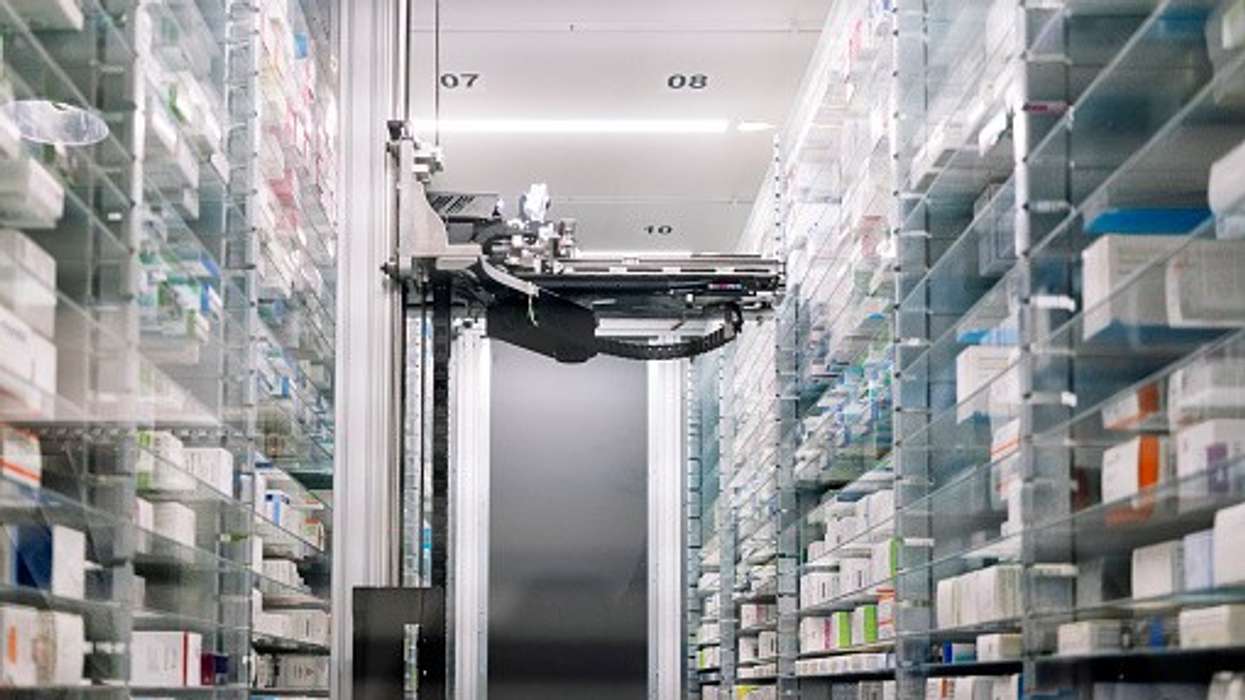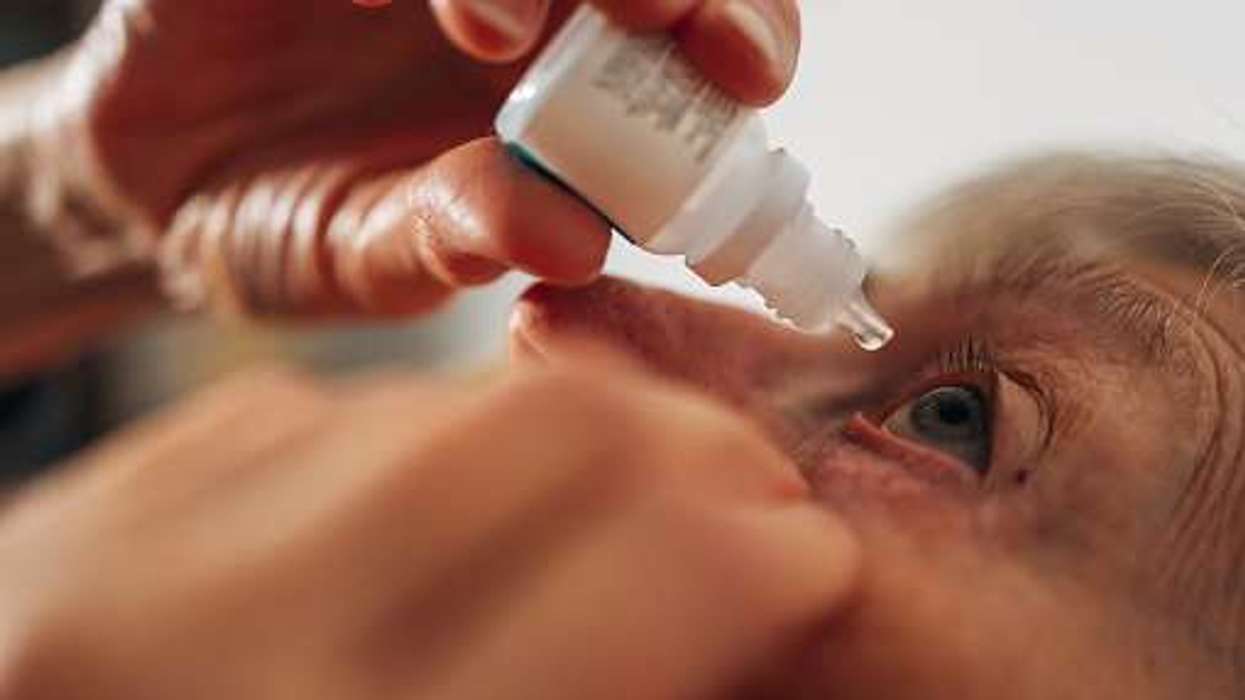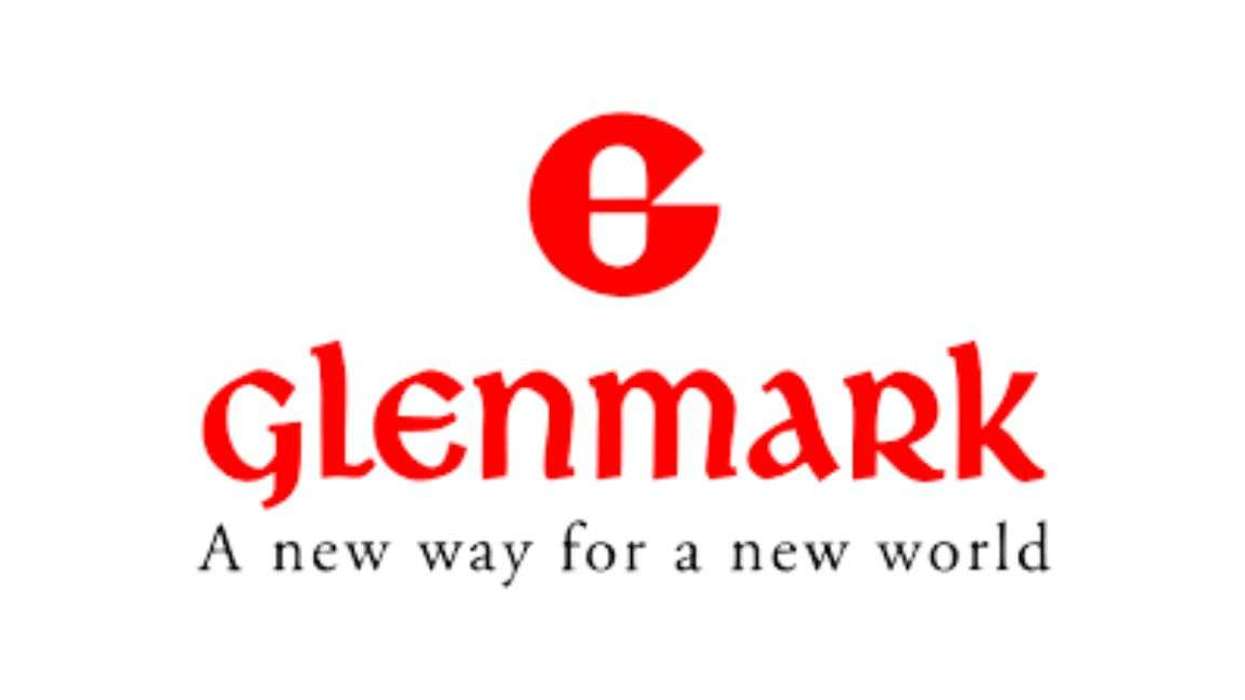Key Summary
- The campaigners want “bold and unambiguous” labels stating the link between drinking and cancer
- They claim that alcohol is proven to increase the risk of breast, bowel, stomach, head, neck, liver and mouth cancer
- The alcohol industry claims labels may create “unnecessary anxiety”
Dozens of medical and health organisations have jointly written to prime minister Keir Starmer that bottles and cans of beer, wine and spirits should have labels that state the link between drinking and cancer.
The campaign, being spearheaded by the World Cancer Research Fund (WCRF), along with doctors, charities and public experts, wants “bold and unambiguous” labels to be placed on all drinks containing alcohol.
They claim the warning labels will help increase the “shockingly low” public awareness in the UK that alcohol is proven to cause seven forms of cancer and 17,000 cases a year of the disease.
Evidence cited by charities shows that alcohol increases the risk of breast, bowel, stomach, head, neck, liver and mouth cancers.
In the letter, they said the labels "should carry strong, clear messages about the health risks, which include the risk of cancer, far beyond vague advice like ‘consume in moderation’.”
WCRF’s head of policy and public affairs Kate Oldridge-Turner said the labels "would empower millions to make informed choices by clearly understanding the risks.”
The World Health Organisation’s European office had in February called for health warnings, including cancer risks, in the labels on alcohol bottles and cans.
Ireland is set to roll out cancer warning labels on alcoholic products from next May, the first country in the world to do so.
The labels will also warn that drinking can cause liver disease and affect foetuses.
Alcohol Health Alliance chair Prof Sir Ian Gilmore urged the UK to follow suit.
Meanwhile, the alcohol industry has expressed its opposition to warning labels, claiming they can create “unnecessary anxiety”.
They pointed out that most drinks already include the advice from the UK’s chief medical officers to drink no more than 14 units of alcohol per week.












